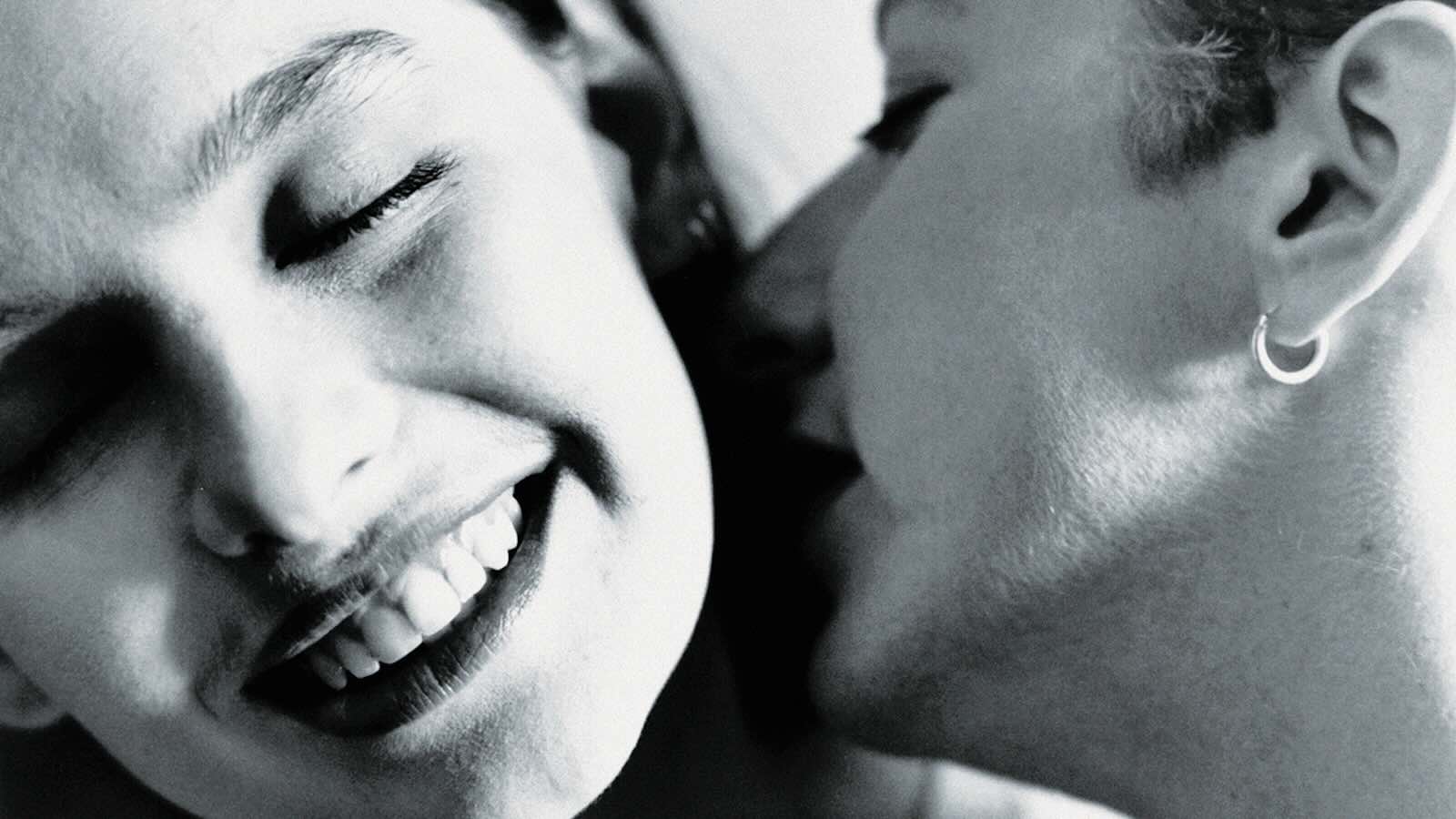I’ve been slightly skeptical of seeing 4K restorations of micro-budget DIY gay and punk films from the ‘90s. As a media archivist myself, I know that is a horrible admission. I have no such qualms about any other era or genre, but the idea of seeing Go Fish (1994), Mary Jane’s Not A Virgin Anymore (1996), or an Araki film without that burned in fuzz makes me feel like the secret’s out. I’m old now.
The generation raised on torrents of New Queer Cinema watched in secret is now getting to see their queer pre-history played back out in the correct aspect ratio, with true blacks and all the grain and gate hairs back in. Rose Troche’s low-key lesbian dating drama Go Fish turns 30 this year, and it’s been welcomed back into the fold with a new restoration from the original camera negatives funded by the Academy, UCLA, Frameline, the Sundance Institute, and its distributor, Amazon MGM Studios (at a cost likely nearing the budget of the actual production).
It’s crucial that this “new” Go Fish is scanned from 16mm A/B rolls instead of a 35mm blow-up exhibition print. In its original 1.33, I was shocked at how much Troche’s black-and-white images feel indebted to the grammar of classic cinema, of something like Murnau. It’s positively runic. Crossfades to spinning tops, extreme close-ups of hands (a lesbian cinematic staple if ever there was one), a Greek chorus of preternatural talking heads, the stultifying, dreamlike trial of a bisexual shot with swirling, high-contrast lights… Go Fish is a little more unnerving than the canonical rom-com that I remembered from my teenage years! Troche’s co-writer Genevieve Turner stars as Max, a collegiate prone to pontifically writing some really sincere and useful monologues about the nature of love and lust as a burgeoning queer. Her Chicago community, including her roommate Kia (T. Wendy McMillan), has the idea of tricking their young Werther into falling for their “granola” vet tech friend Eli (V.S. Brody). (It is here that I can finally profess my long-held theory that vet techs are to femmes what line cooks are to people who are into “rodent guys.”)
Also crucial, is the fact that Turner and Troche discussed film and bonded at ACT UP Chicago and Queer Nation meetings at a time when the “representational” image was a little more loaded and belied the more capitalist leveraging of queer identities that occurs in media today. It’s a film rife with anxiety—discussions of safe sex, community building, and being resigned to the outskirts of a more pleasurable public life. Go Fish holds up just as well as it ever did, not so much a document of a specific time-and-place in queer culture but a constant reminder of the importance of community, and a balm to the anxieties of being a young artist living on the sexual fringes.
Go Fish screens Thursday, June 20, at the Palace of Fine Arts with director and screenwriter Rose Troche and actor and screenwriter Guinevere Turner in person, as part of Frameline 48, which runs June 20-29 in San Francisco and Oakland.




